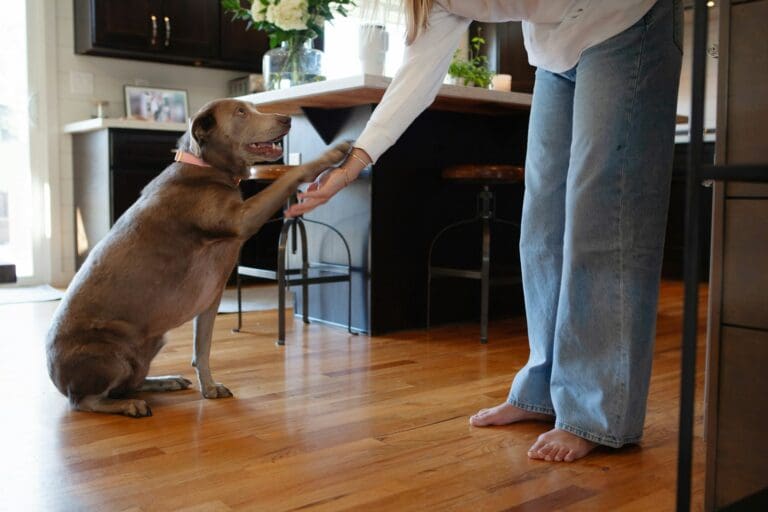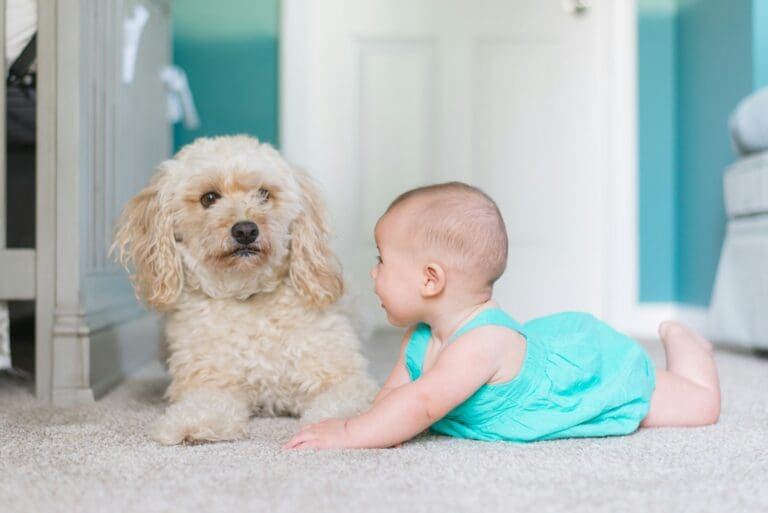Cats have a reputation for fierce independence and even standoffishness. Many kitties aren’t like that, though. Instead, some even get bad separation anxiety when their beloved owners aren’t around to comfort them. Here are ten ways to help your kitty cope with the situation when you’re not around.
Talk to the Vet
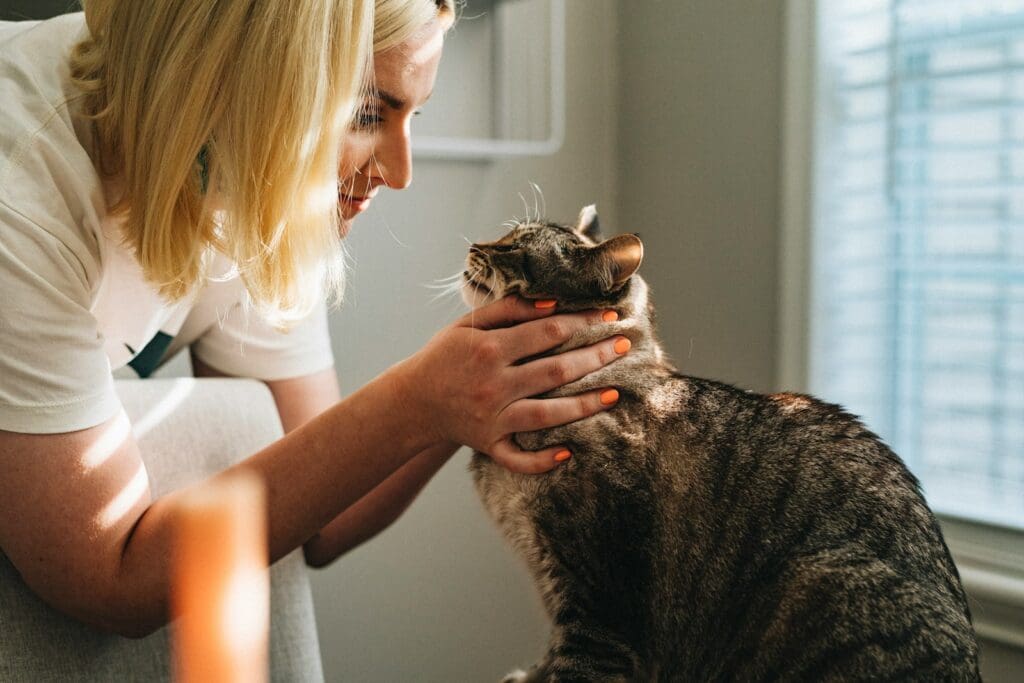
Before you do anything to address anxiety, take your kitty to the vet and see if you can rule out some medical issues. Some anxiety symptoms, like overgrooming or going outside of the litter box, could signal a underlying health issue. Your vet can also help with some suggestions to keep your cat calm if they are suffering from anxiety.
Get Them Prepared
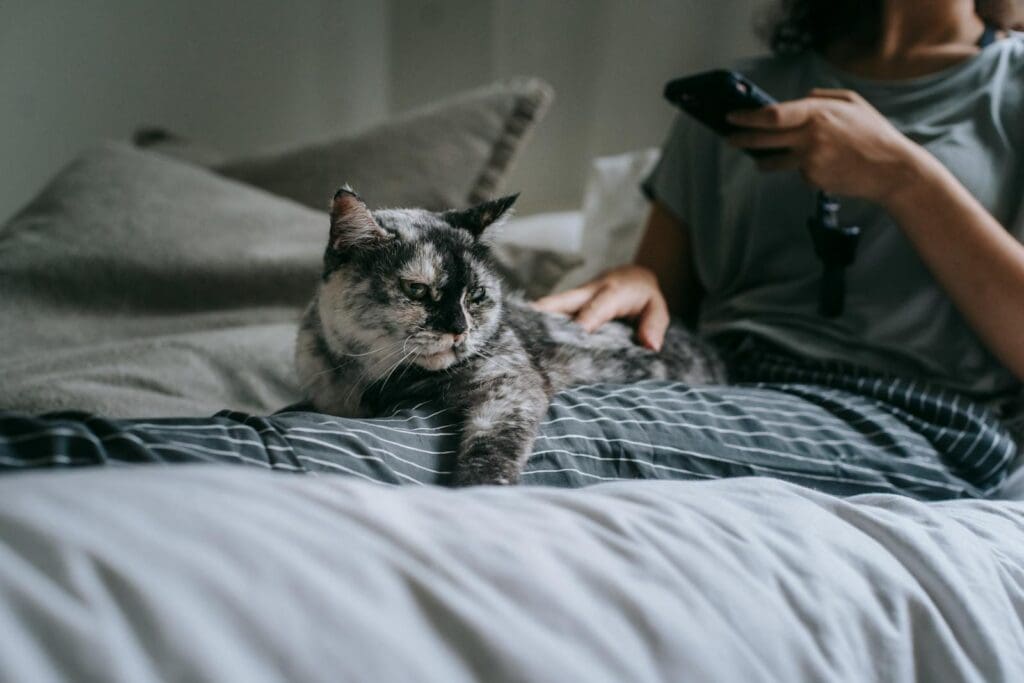
Prepare your cat for your departure by giving them some time to acclimate to the house without you around. Take smaller trips away from home and increase the length bit by bit so they understand you might go out for a while. You can also use the following tips to ease them into this transition.
Watch Your Cues

Try to avoid tell-tale cues that you’re leaving for a long time. If you only put your shoes on and grab your keys when it’s time to go, your cat will begin to dread the appearance of these items. Instead, put your shoes on and pick your keys up but then sit down and spend time with your kitty instead. Try leaving the house for a few minutes and then coming right back. This helps them realize that these cues don’t mean you’re going to leave forever.
Set Up Calm Atmosphere
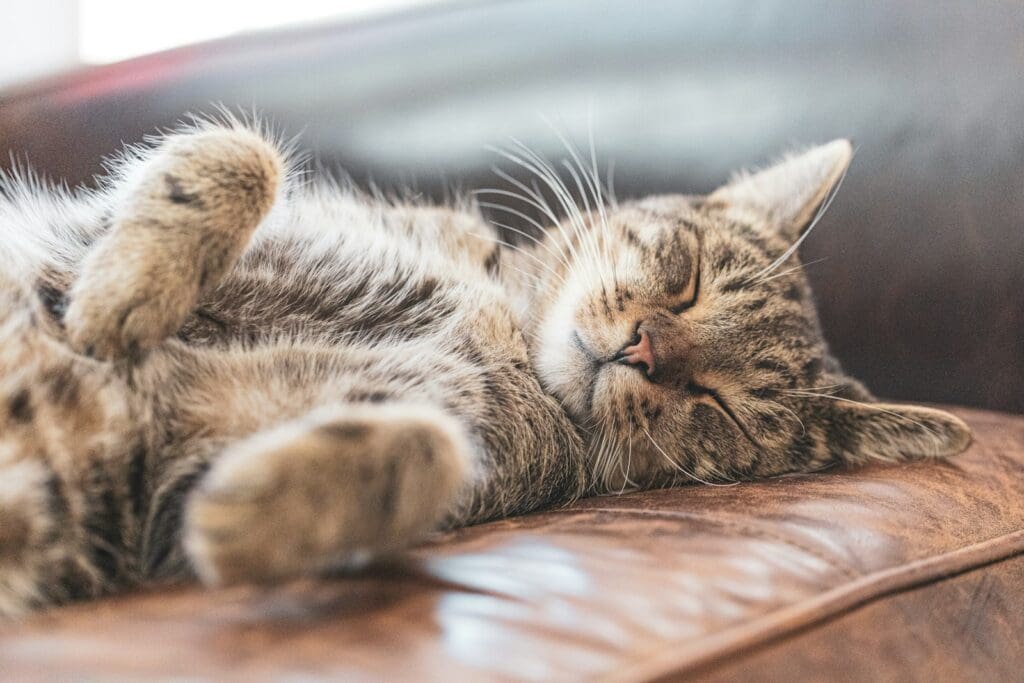
Before you leave for a long period, take care to set up a calming atmosphere. You can play music that cats like, set out their favorite blankets, and even use essential oils that are made for cats to help them remain calm. This can help your cat stay relaxed while you’re away rather than retreating into an anxiety-induced panic.
Cat Content

Some cats like watching TV. You could try leaving the TV on at low volume with cat-pleasing content, like animal documentaries or videos of cats. This can keep them entertained and engaged and the noise level can help them cope with your departure.
Make Your Departure Low-Key
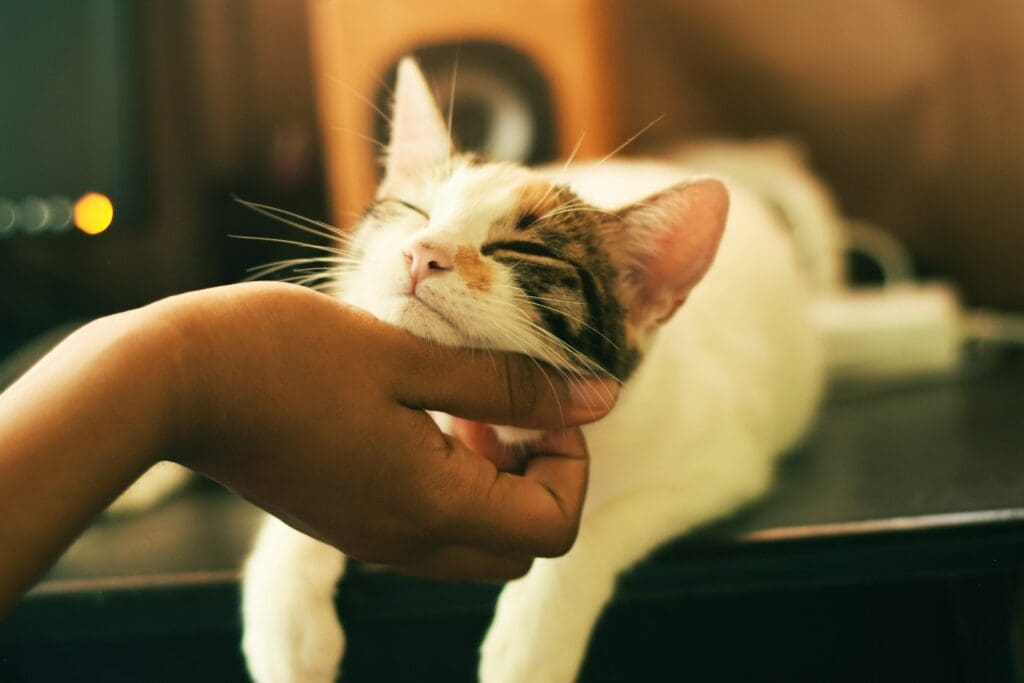
Don’t make a big ritual of your departure. It’s tempting to give a tearful, complex goodbye to your cat, especially if you’re leaving town for a long time. However, this will only serve to spark an anxiety attack in your cat if they already suffer from separation anxiety. Instead, give them a low-key acknowledgement of your departure, pet them, and then head out. This will help them handle your absence better.
Leave Fun Activities
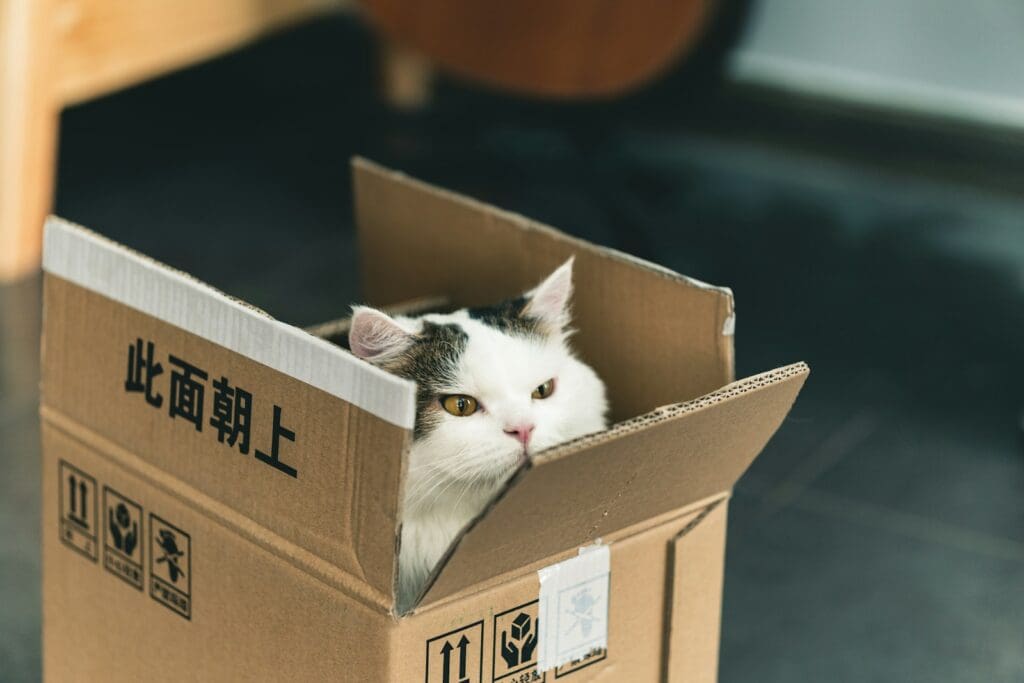
Leave behind fun activities that will challenge your kitty’s intellect and keep them mentally engaged. You can leave puzzle toys that reward them with treats when solved, for instance. This helps them stay active and can give them something to focus on while you’re gone.
Catnip Toys
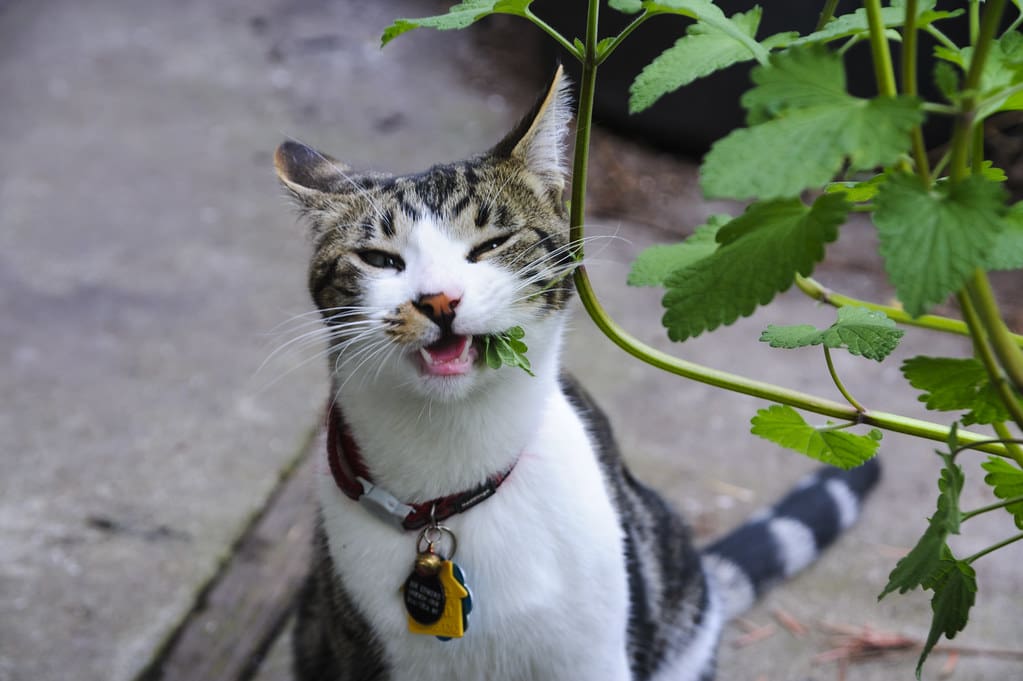
You can also leave your kitty’s favorite catnip-infused toys lying around for them while you’re gone. Catnip can help cats relax, and they’ll appreciate ample choices for their unsupervised playtime. As long as they’ve got plenty to do while you’re gone, they should be able to stay relaxed and they’ll be in a better mood when you get back.
Read More: Ten Reasons to Never Own a Cat
Prepare Perches
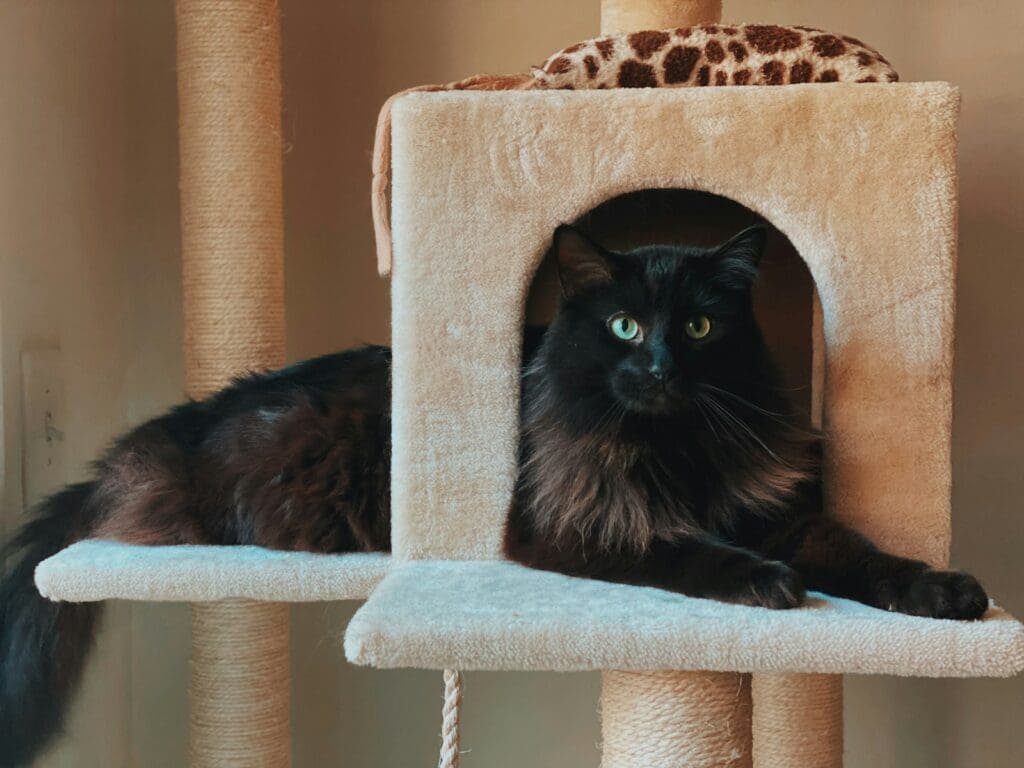
Set up several high places for your cat to perch. These are good to have even if you’re not going anywhere, but it’s especially important to set up perches before leaving on a trip. Your cat feels more at-ease when they’re elevated far from the ground. It makes them feel like they have a better understanding of their surroundings and can help them relax while you’re gone!
Read More: 10 Dog Breeds Your Cat Will Love
Get Someone to Check on Them
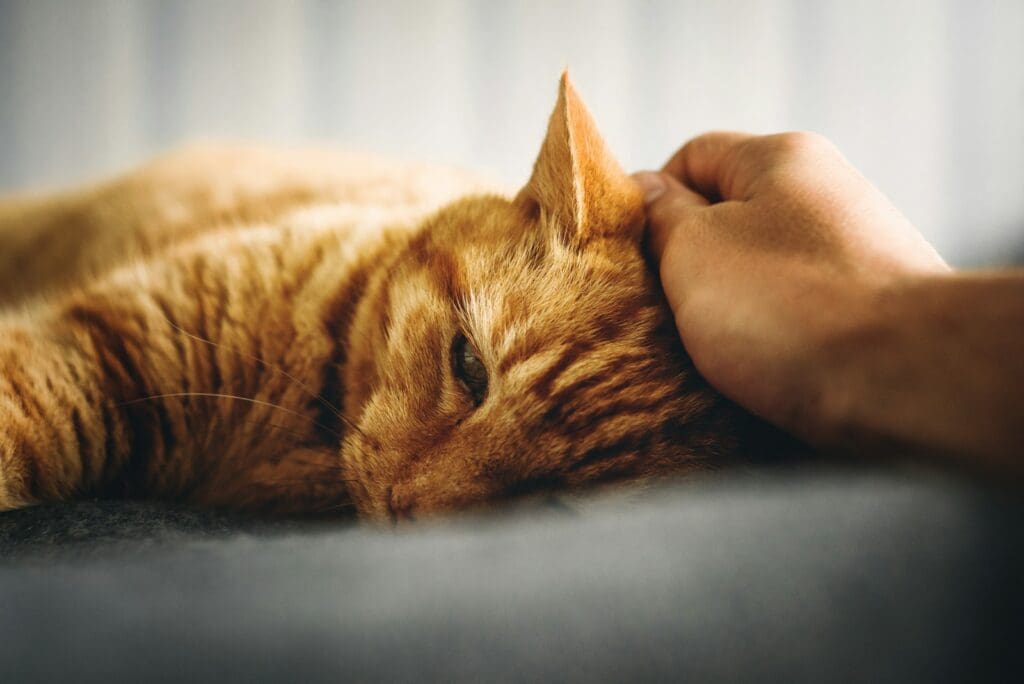
If your kitty has particularly bad separation anxiety, it’s a good idea to have a friend staying in town check on them daily while you’re gone. Even if you leave out plenty of food and fresh water, it’s still a good idea for someone to make sure they’re doing well. They can also help alleviate your cat’s anxiety further by spending time with them, cleaning their litter box, and refreshing their food and water if they get low.
Read More: The 10 Best Pets for Kids with Anxiety


